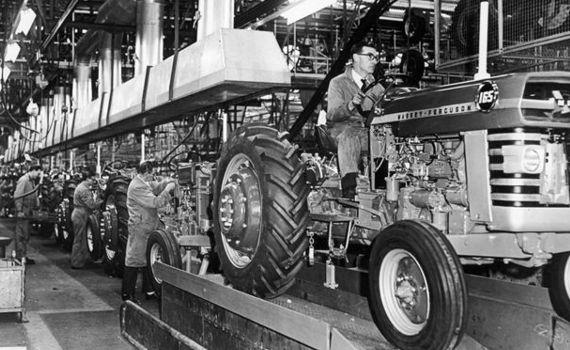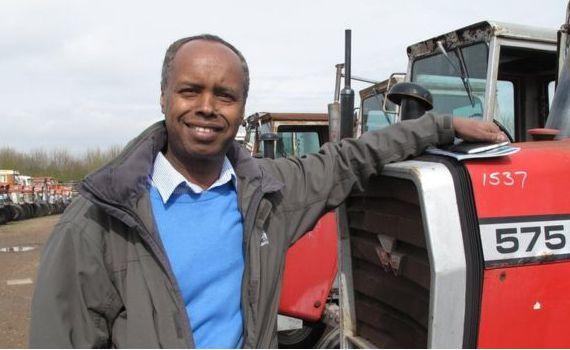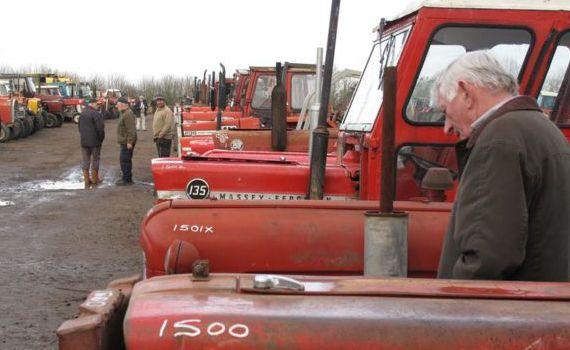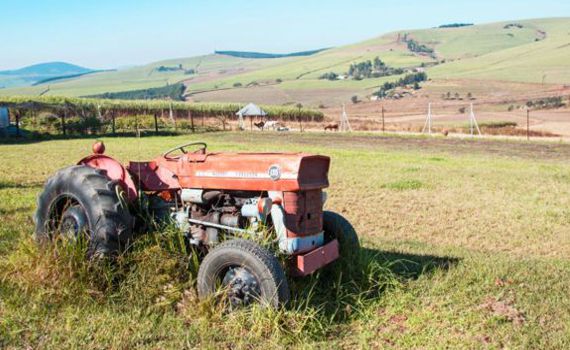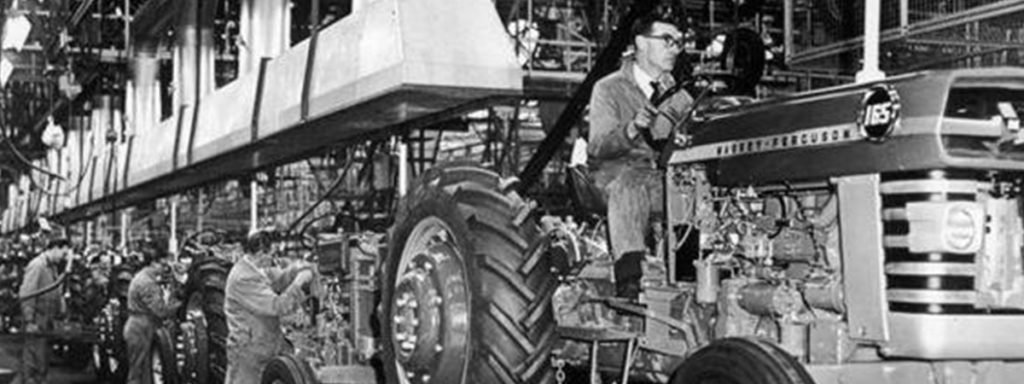When considering the history of tractors and mechanization in farming, the name Massey Ferguson (MF) is synonymous with innovation and quality. Be it the three-point linkage system or its tractors or implements, Massey Ferguson has undeniably left an indelible mark in farming history. If one were to look at the world’s best tractors through the years, there will invariably be a few MF tractor models on the list.
Consider models like the MF 135 and 165, though production stopped in the 70’s and they can be assigned a proud and cozy place in Massey Ferguson and tractor history; they aren’t really ready to be history yet. Case in point is the monthly second-hand farming machinery auction held in Cambridgeshire, England – one of the biggest auctions of its kind. Picture a field, the size of 40 football grounds and rows of tractors lined up in it. Over 35,000 registered bidders from more than 100 countries attend these sales where about 2,000 lots are auctioned each sale. Though the buyers are from all over the world, there seems to be special interest among buyers from developing nations. Buyers especially from Africa are inclined towards the MF 135 or 165. The successor to the iconic MF 35 and the first tractor in the MF 100 series, the MF 135 was popular in its time. The MF 135 and 165 are basic, incredibly reliable “mechanical donkeys” that keep going on and on. Its popularity can also be attributed to the easy availability of parts and ease of fixing them, as these models are purely mechanical involving no electrics.
Attending the sale from Kenya are Barnabas Sawe and Gideon Okungu who swear by these tractors, “A good tractor can transform a village, it transforms a society – it transforms a community,” Sawe says. Another visitor is Abdi Mohammed from Somalia – a first timer, who is hoping to transform farming back home. He recalls people using Massey Ferguson tractors before the country plunged into civil war. With things having finally almost stabilized, Abdi wants to herald the new era in Somalia with these MF tractors.
In a way, it’s poetic how these old warriors who were once part of bringing about prosperity, in another land, in another era, are now going to be catalysts of growth and progress in fledgling economies.
With inputs from bbc.com

